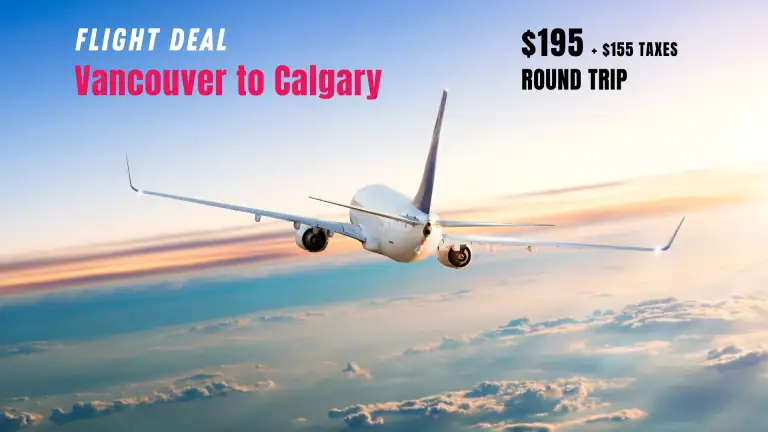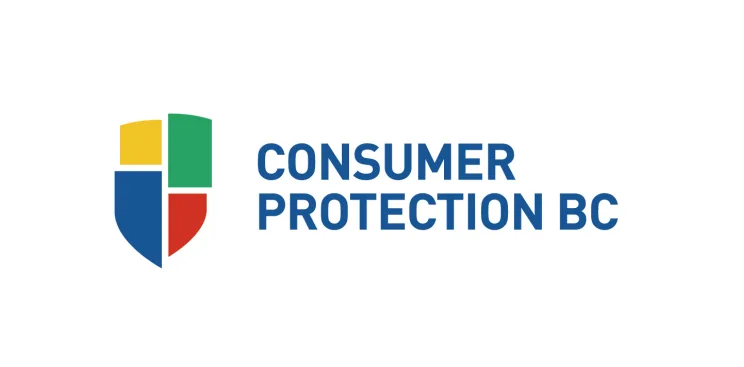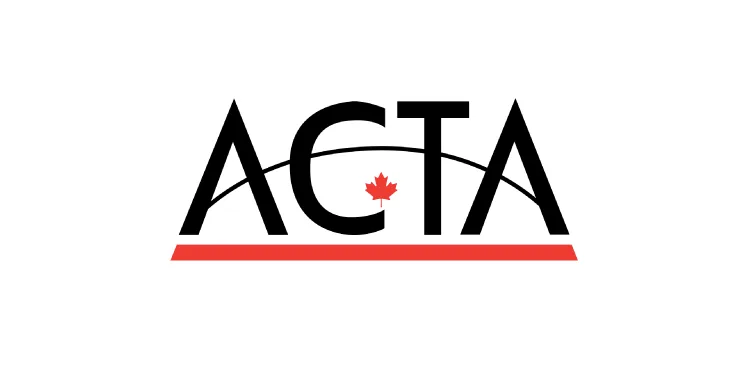
Is this ad allowed under the law?
Planning a holiday can be fun, but challenging at the same time. So many “great deals” and “special offers” to consider. Resorts with slick brochures and websites. Online booking systems to figure out. Here are a few tips to help you navigate the options when booking a holiday.
What you should know
The internet has made it easier than ever to book directly with an airline, hotel or tour. But you are more protected if you book your holiday with a travel agent licensed with Consumer Protection BC.
If you book your trip through a licensed agent, and the travel services are not provided, you may be eligible for a refund from the Travel Assurance Fund. This is a fund managed by Consumer Protection BC that provides possible compensation for travellers who do not receive travel services they bought through a licensed travel agent. For example, if you book a flight through a licensed travel agent and the airline goes out of business, you can get reimbursed for the cost of the flight.
If you book directly with an airline, hotel or tour yourself, your trip does not have this protection.
All businesses providing travel services in BC are required to be licensed with Consumer Protection BC and to contribute to the Travel Assurance Fund. You can use the Consumer Protection BC licence search to check that a travel agent is licensed. All those licensed must display their licence certificate prominently on their premises and include their licence number in advertisements.
The maximum refund from the Travel Assurance Fund is $5,000 per person. The fund does not cover some situations, such as bad weather events, strikes, or when you’re unhappy with the quality of the service. Learn more about the Travel Assurance Fund.
Applying for a refund
If you’ve had a problem with a holiday booking, learn how to apply for a refund from the Travel Assurance Fund.
“I got a call saying I had won a free all-inclusive holiday to Mexico. All I had to do was join a travel club for $100. They sent a brochure with beautiful photos of a beach resort. I signed up. But when I went to book the trip, they told me I had to pay ‘upgrade’ charges of hundreds of dollars to stay close to the beach and to travel on the dates I wanted to go.”
– Tom, Courtenay, BC

If you get an offer promising a “free” holiday in an exotic spot, it’s probably a scam.
The offer may come in an email, letter or a telephone call (usually pre-recorded). It will typically say that you’ve been awarded a free or discounted trip if you book immediately by calling a toll-free number.
But there's always a catch. The travel dates you prefer will very likely be unavailable. Or the accommodation will be substandard and you will be invited to “upgrade” for a substantial fee. Or, in the most common form of this scam, to be eligible for the free holiday, you will be required to buy a membership in a travel club or pay a substantial service or “handling” charge to book your reservation.
You will likely be pressured to give an immediate decision. You may be asked to provide a credit card number. Don’t do it. Don’t give the company any information relating to your credit card — even if they are asking for just the expiry date — until you are satisfied that the offer is as good a deal as it seems.
There are rules designed to help you determine the total price you have to pay for air travel. Any advertising directed at the public for a flight must include the total price you have to pay, including all taxes, fees and charges. The advertising must include any limitations on when the flight can be booked and any limits on when you can travel. It must also give you access to a breakdown of the taxes, fees and charges.
The total price must be at least as prominent as any other pricing information found in the advertising and must be the first price presented to you.
These advertising rules apply to travel within Canada or originating in Canada. They apply to advertising through any media, including newspapers, TV, radio, online booking systems, the internet and social media.
The rules don’t apply to package travel services, which combine flights, accommodations and tour features into a bundled package.
Take action to protect yourself
If you get an offer promising a “free” holiday in an exotic spot, it’s probably a scam.
Ask for the caller's name and for a call back number. If they won't provide one, that’s a major red flag.
Take time to consider the offer. Ask for everything in writing. Ask for specific details relating to transportation and accommodations.
Do your own background research, including on the company making the offer. Google their name together with the word “reviews” or “scams."
There are travel websites that are designed to fool you into buying a vacation package or a flight, and then not delivering what is promised.
Some are websites that are copies of a legitimate website with subtle changes made. For example, they copy the legitimate website and change the last part of the web address, such as from .ca to .org.
Be suspicious when the only payment option is a bank transfer. Not only is this an indication that no bank is prepared to provide the company with credit card facilities, but if you are dealing with a scammer it will be virtually impossible to get your money back.
Make sure the website is secure
Ensure that the website is secure before making credit card payments online. Look for a lock symbol beside the website address box, and website addresses that start with "https" rather than "http" (the "s" stands for "secure").
If you don’t feel comfortable giving your credit card number online, ask if you can call or fax in your credit card number.
When you are booking a holiday, confirm exactly who you are doing business with.
Particularly if you are booking your holiday online, find out who you are paying. Some online businesses are only “search engines” or booking agents for other service providers. When you go to confirm your travel services and make a payment, you may be directed to a site hosted by an airline or another company. That company may or may not be registered in British Columbia.
Find out what company will be charging your credit card. Research the company as best you can. Google their name together with the word “reviews” or “scams." If you see a lot of negative reviews for a company, proceed with caution.
As described above, you are more protected if you book with a licensed travel agent than if you book directly with a travel provider. If you book with an online business or travel agent outside of BC, check to see if it is licensed by any other jurisdiction. If it is, check what protections are in place in the event you don’t receive your travel services. For example, if you make your payment through an Ontario-registered travel agent, you will be protected through the Ontario Travel Industry Compensation Fund.
Confirm the details of your booking
If you have booked your holiday with a third party service, contact the travel provider (the airline, hotel or other service provider) to confirm the details of your booking.
A deal may look great at first glance, but there may be restrictions on when you can travel, what services are actually covered in your “all-inclusive," or what charges are included in the advertised price.
Know the terms and conditions of your booking. Find out what refund you might be entitled to if you voluntarily cancel your trip. Find out what charges apply if you decide to change your booking.
Consider purchasing trip cancellation insurance. Careful though — you typically can’t just cancel a trip and claim compensation. These insurance products often require a medical reason (substantiated with a doctor’s note) for cancelling a trip.
While no one ever expects to cancel their holiday plans, an illness or unexpected problem can occur. Cancellation charges set by airlines, cruise lines, hotels or tour companies can be as much as 100% of the purchase price.
If you are travelling outside British Columbia, consider purchasing additional out-of-province medical insurance. Look at what medical services are covered by BC’s Medical Services Plan while you are away from the province. For example, MSP does not cover ambulance service while in another province or outside Canada. As well, the cost of medical care outside Canada can be much higher than the amounts payable by MSP.
If you have an extended health care plan, check what expenses it covers and for what amounts.
Also, the credit card you pay with may have its own travel insurance policy, meaning you would not need to get an additional policy from a third party.
Carefully review any insurance policy you are considering. Check the exclusions and limitations fully to ensure the policy meets your needs. Pay attention to coverage for pre-existing medical conditions. Some policies exclude coverage for a condition that exists at the time you purchase the policy.
It's best to arrange it through a third party
Avoid travel insurance provided directly by a tour operator. If they go out of business, your insurance coverage also disappears. It’s best to get travel insurance from a third party.
Who can help

Consumer Protection BC
Licenses travel agents in BC and handles complaints about travel agents.

Association of Canadian Travel Agencies
Provides informal mediation to help resolve a dispute with a member travel agent.
